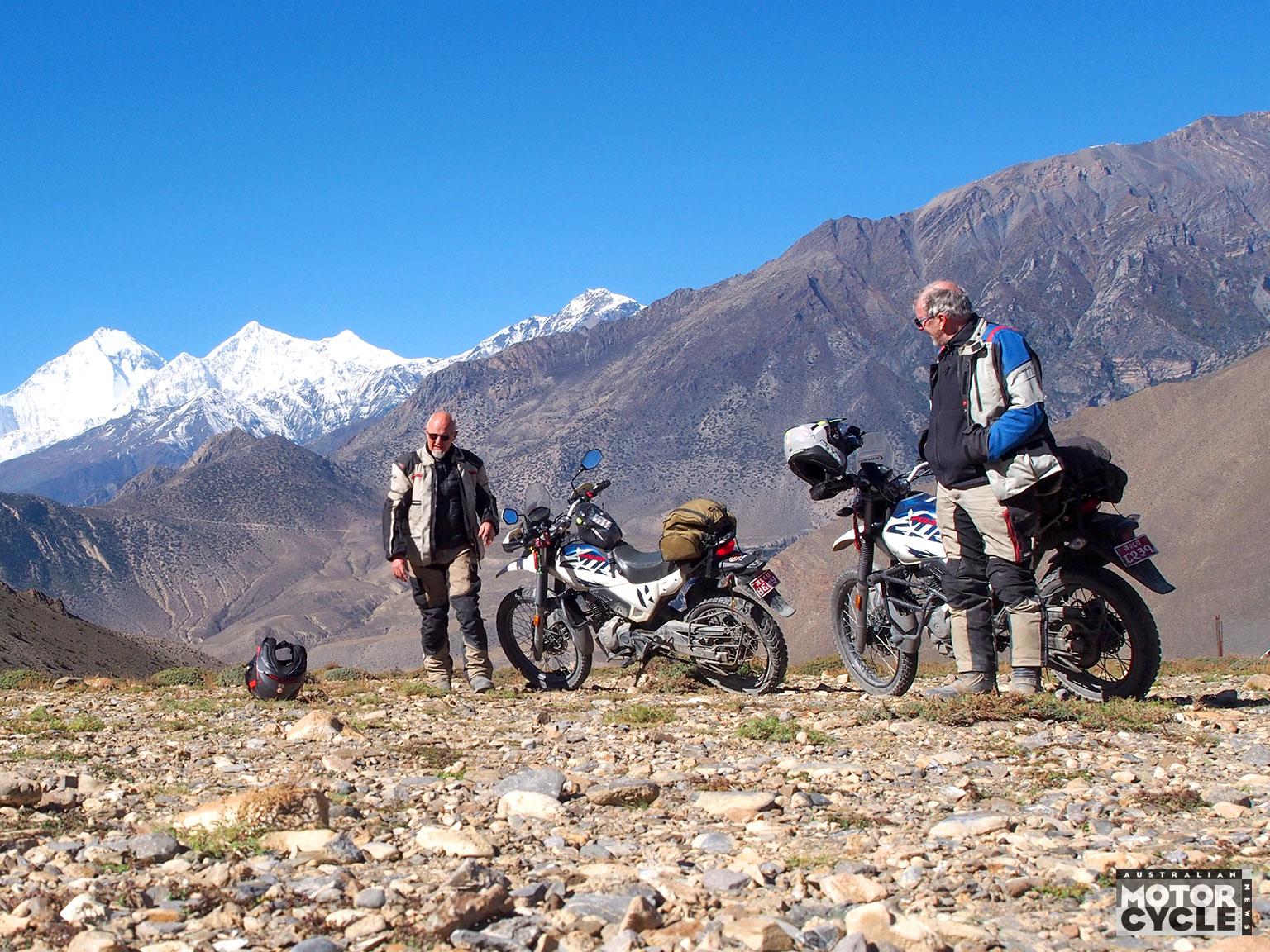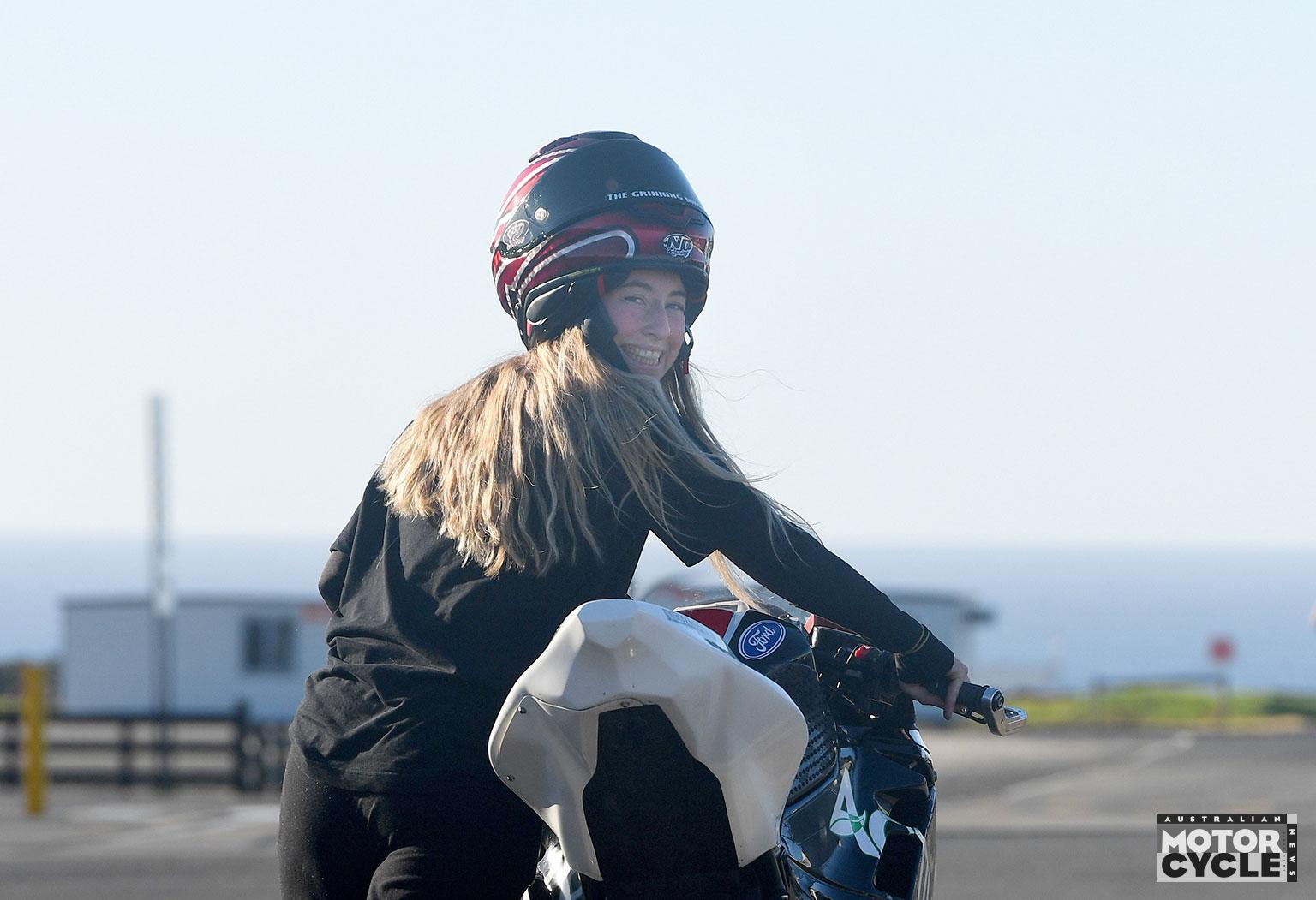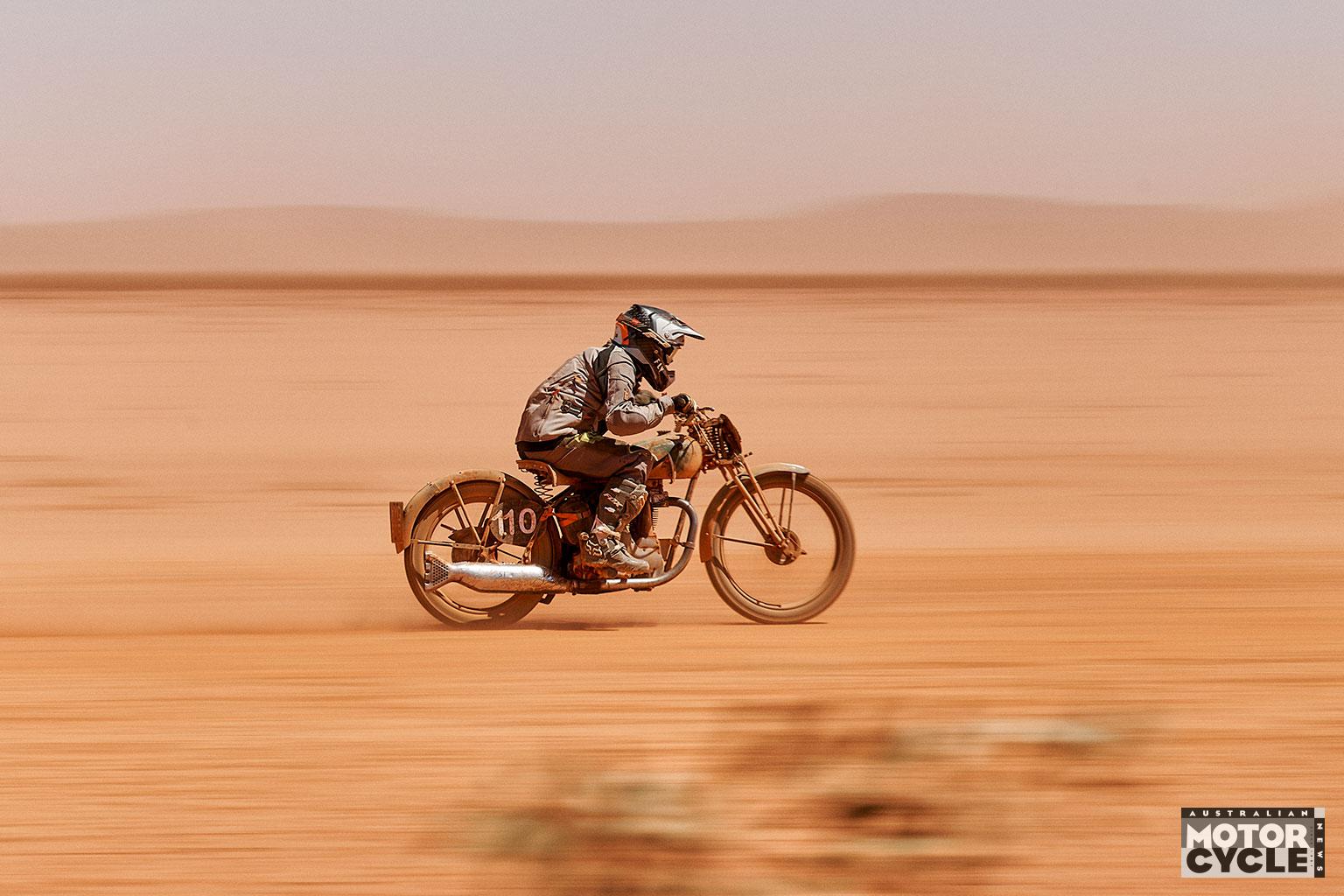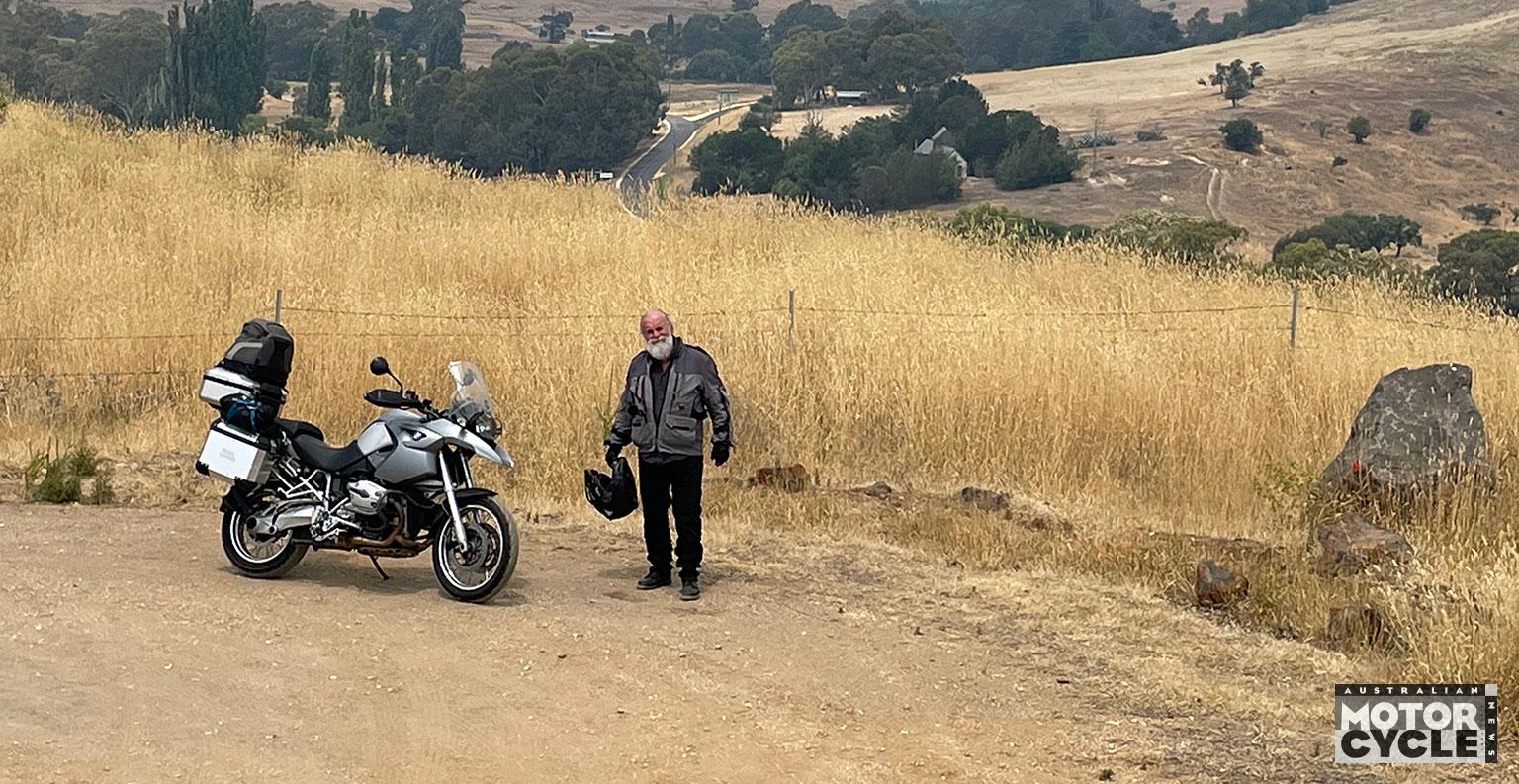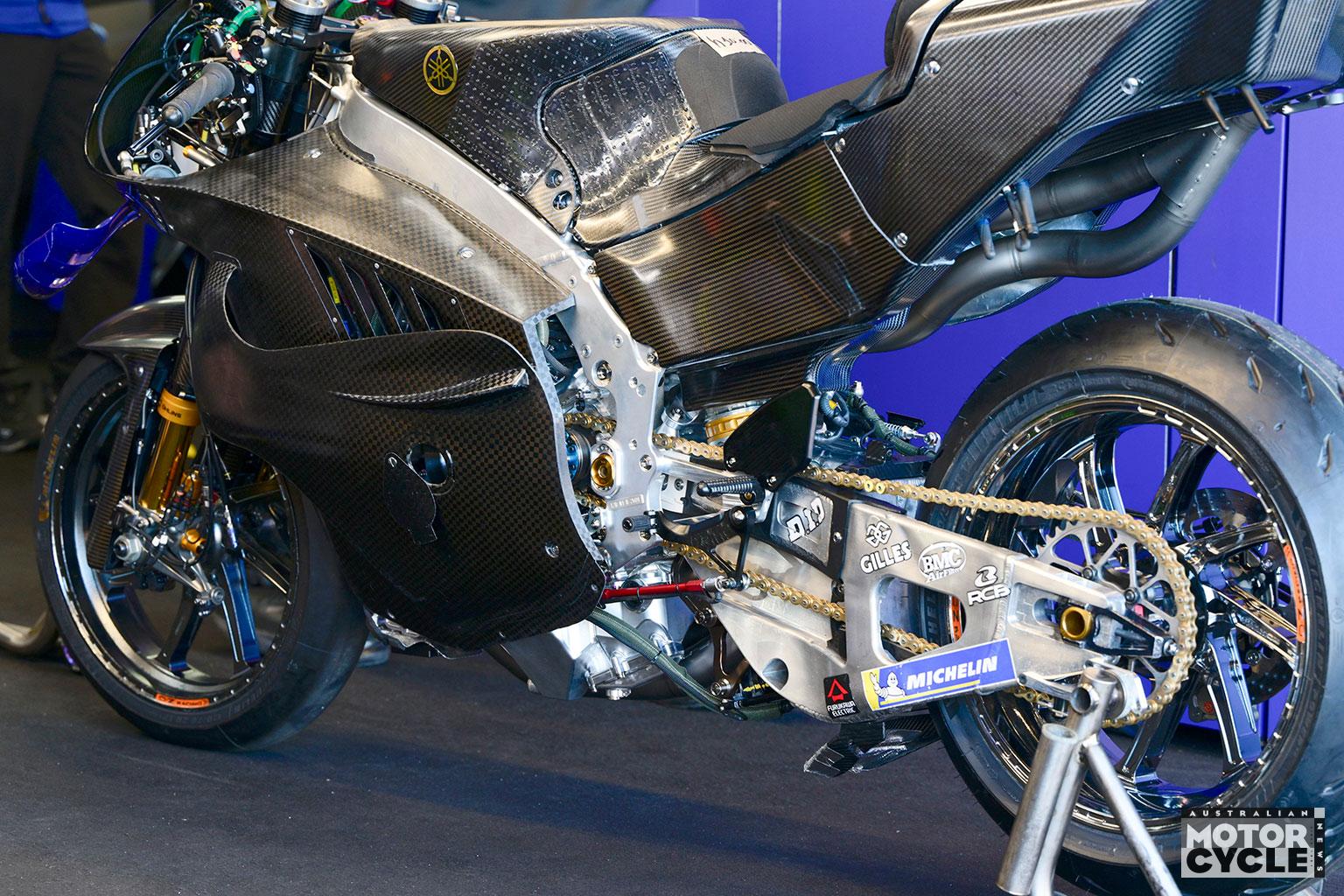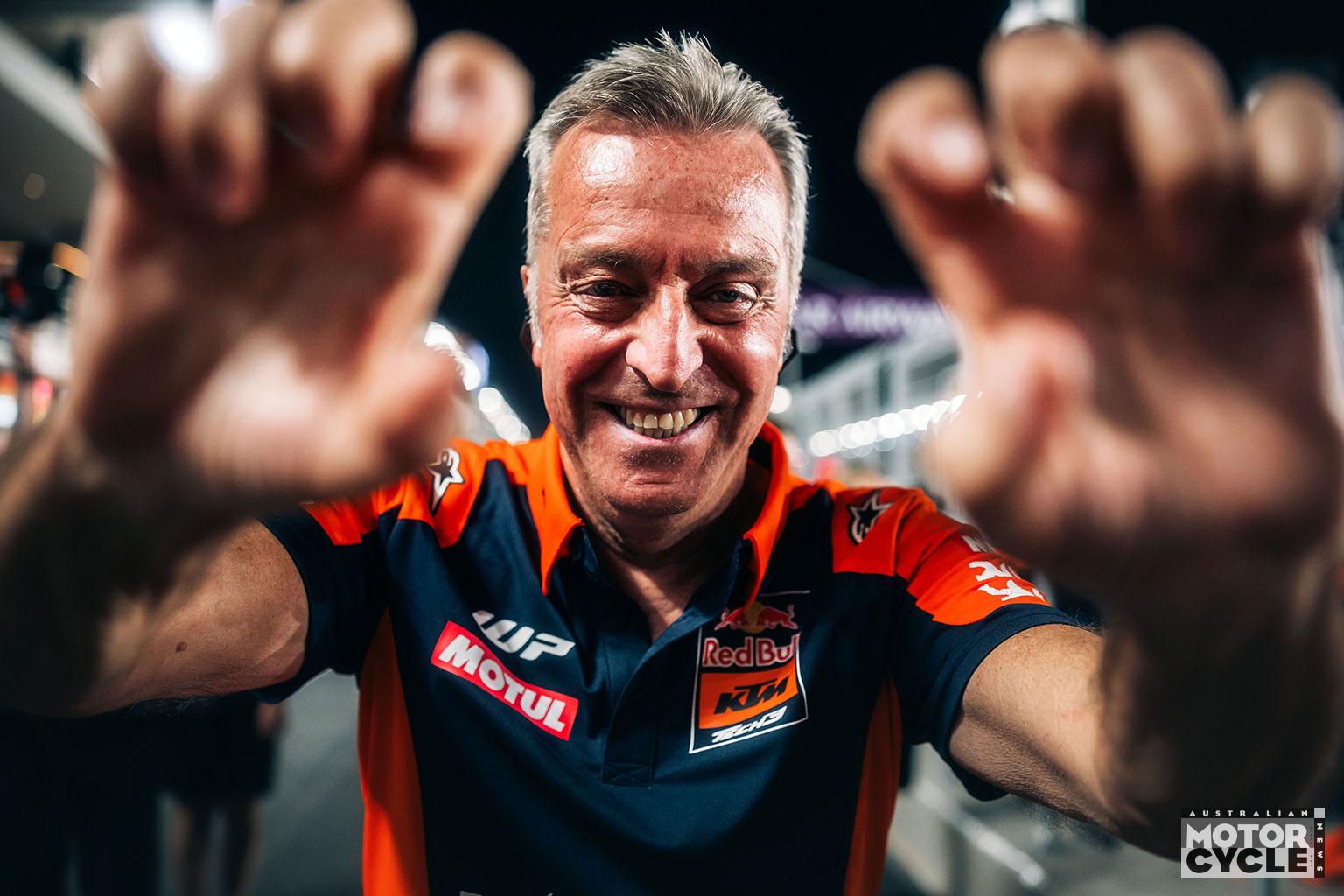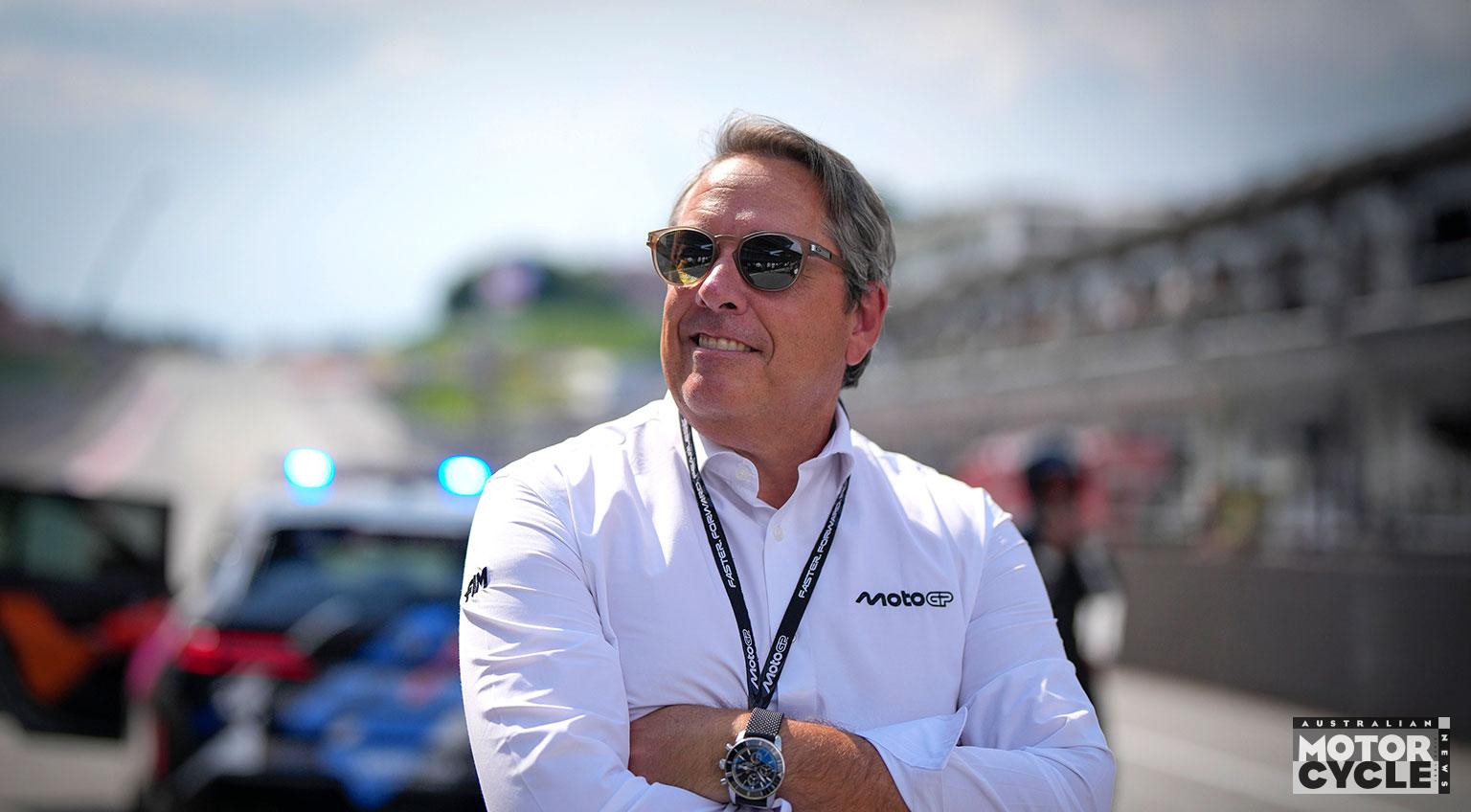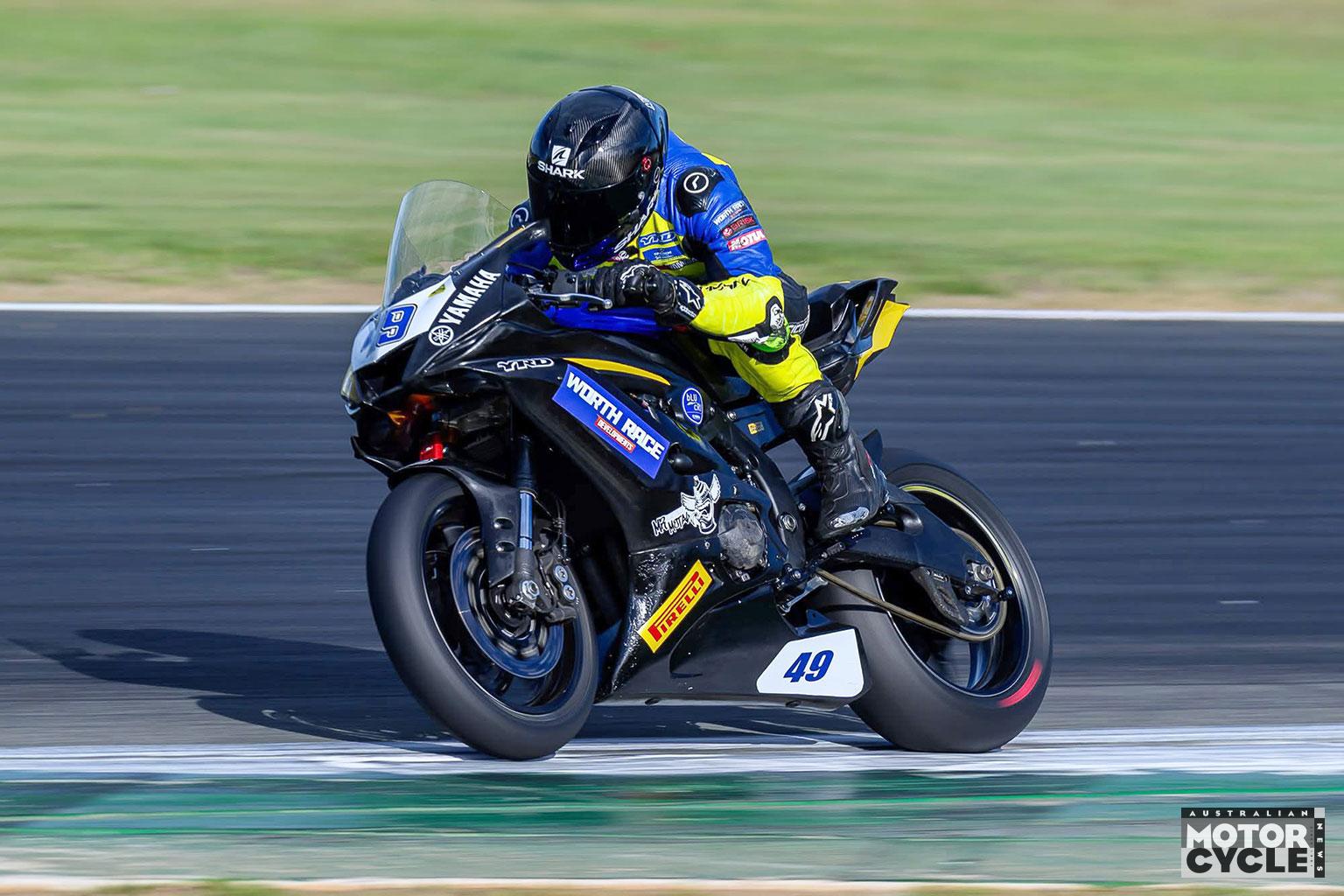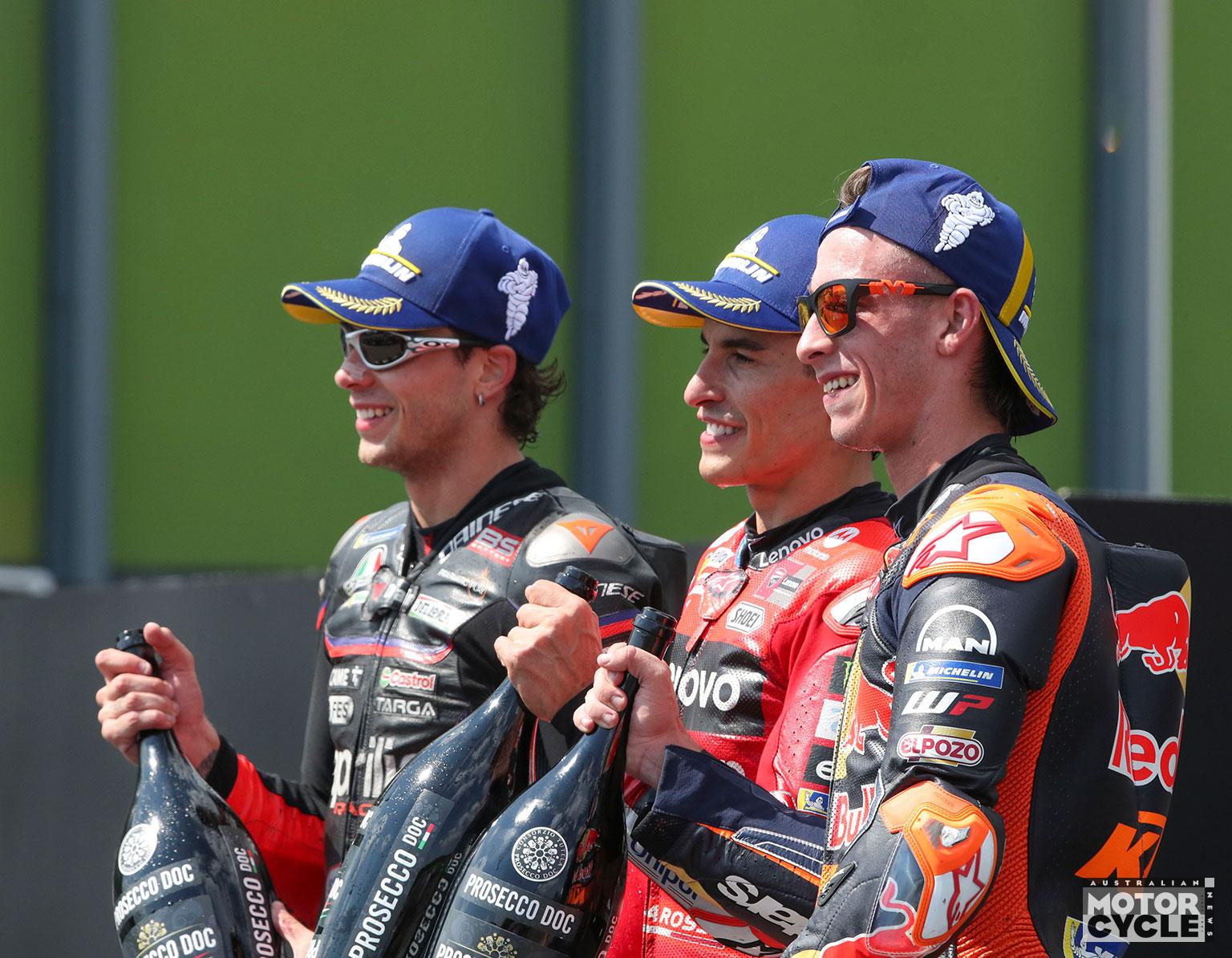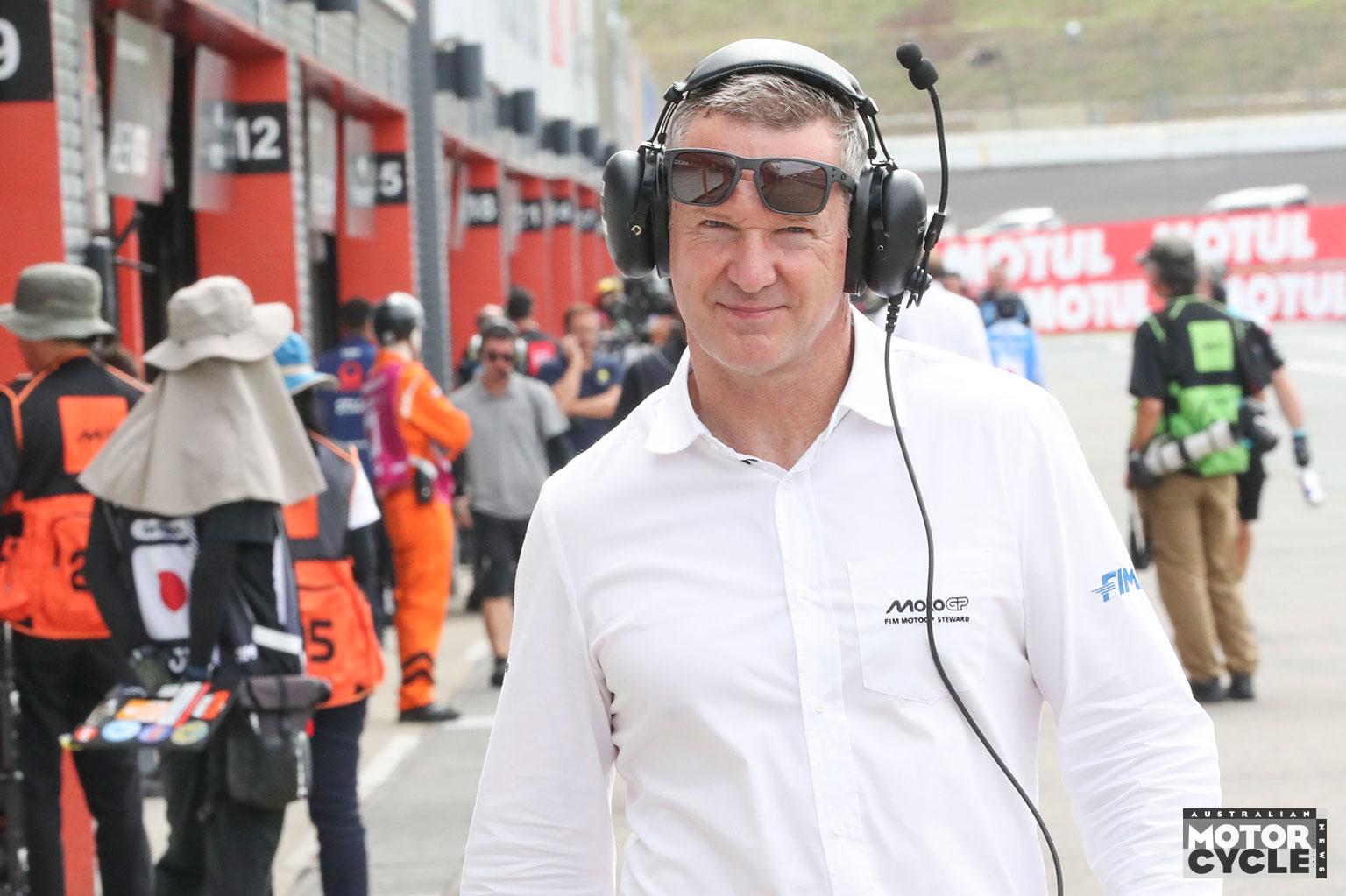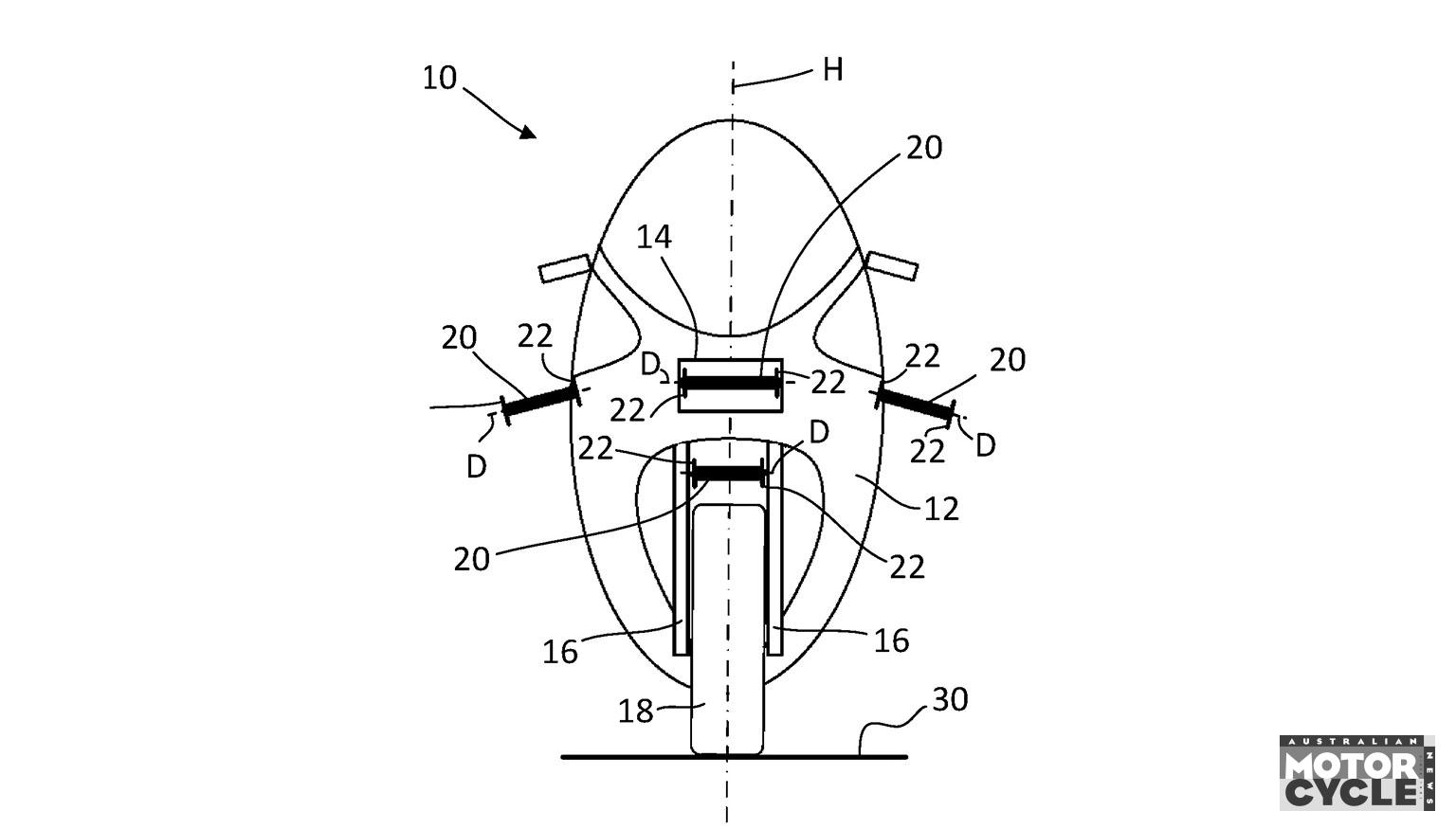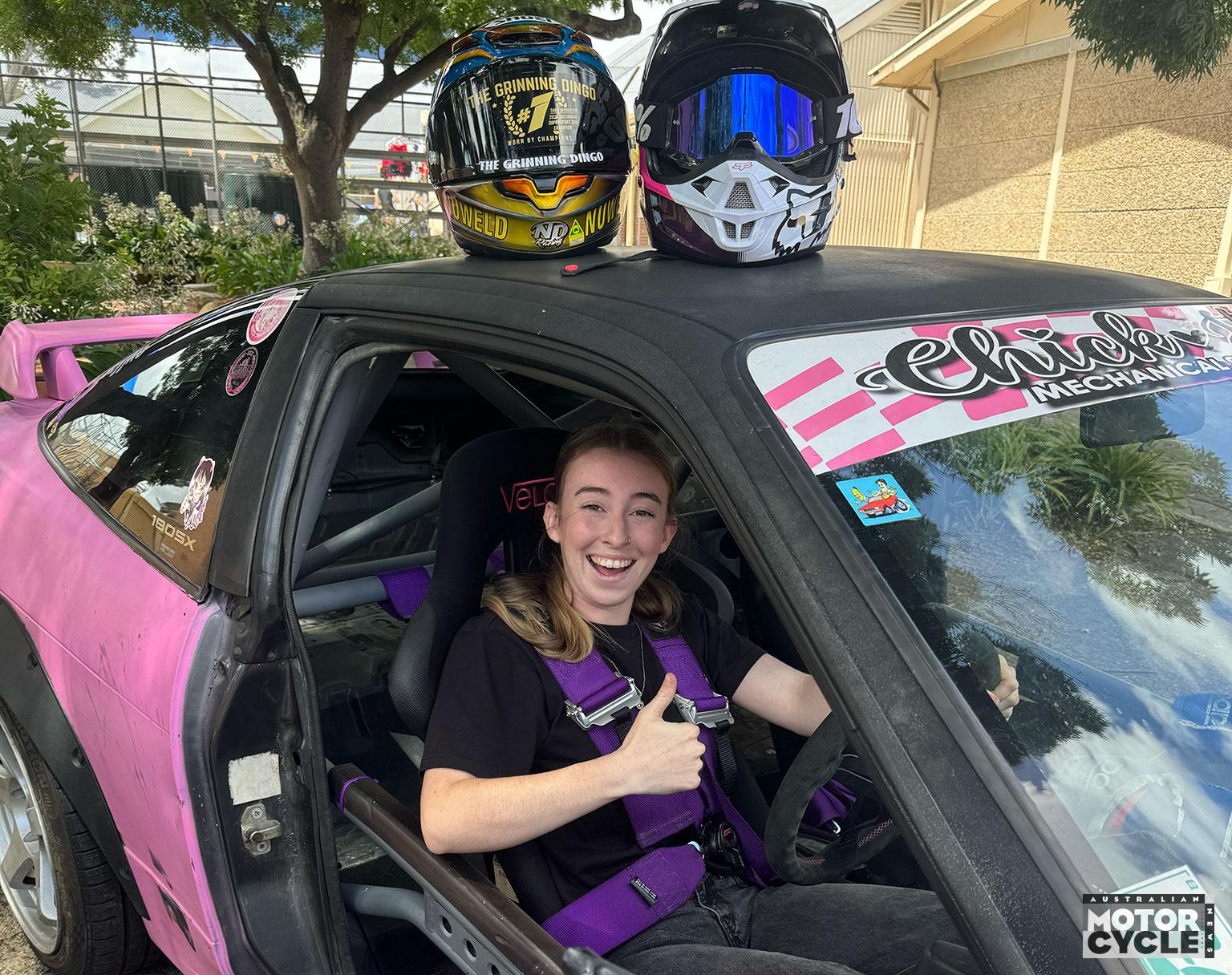When it comes to blending boards with bikes, Dare Jennings proves that sometimes two wheels and a wave are all you need to ride the same creative current
Dare Jennings is the fertile, creative mind behind two of Australia’s most recognised brands, Deus Ex Machina and Mambo. His love of surfing and motorcycles led to the establishment and ultimate success of both brands. As Dare likes to say, it’s all the same juice.
We caught up with Dare at his Camperdown Deus Ex Machina store and sat down for a coffee and a chat.
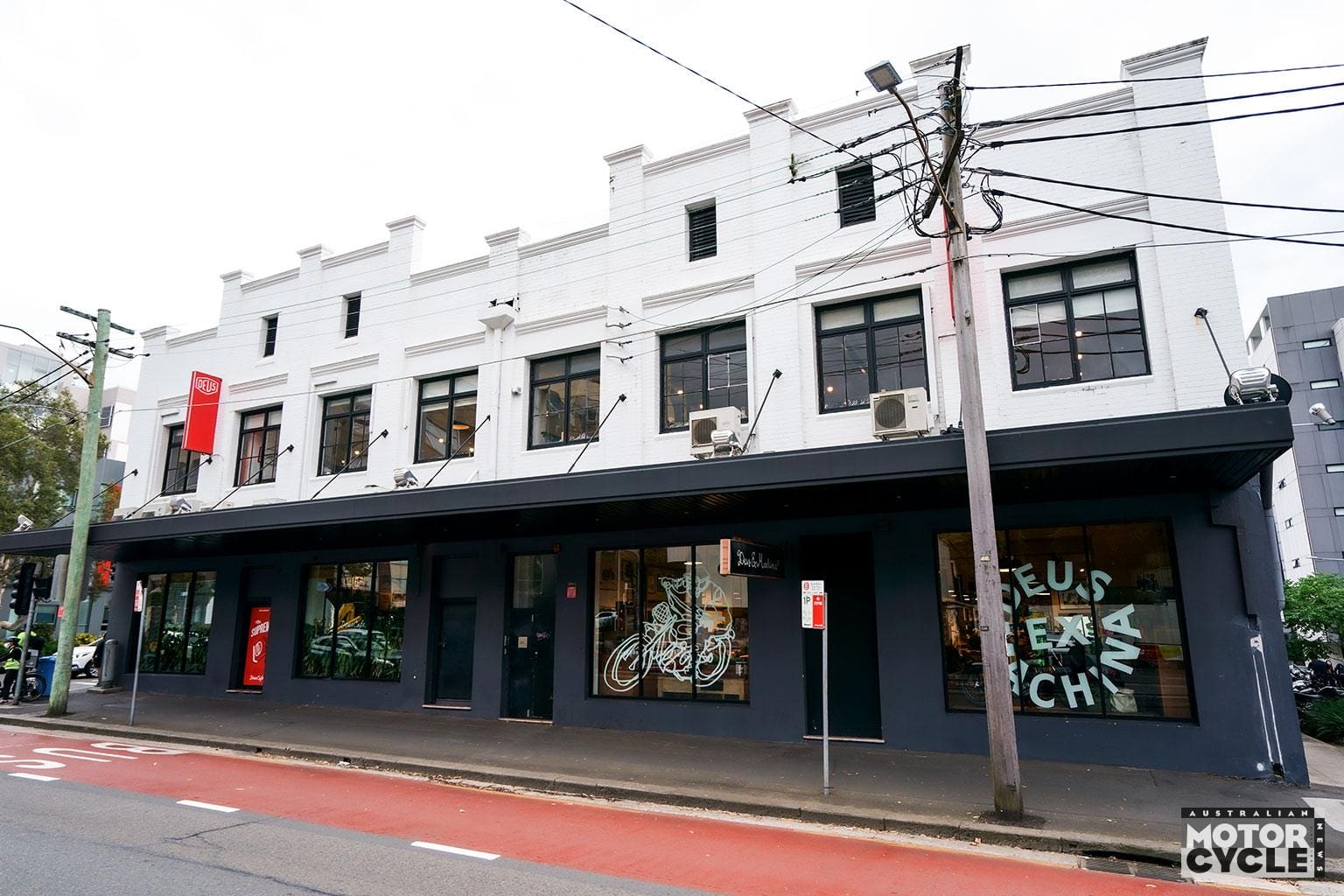
Tell us about Deus; what are the origins of the globally recognised brand?
The origins of Deus now stretch back almost 20 years. In the early 2000s, I had another company called Mambo, a surf-style business that used a lot of graphics. I’m passionate about surfing. When I sold Mambo, I looked to my other passion, motorcycles, for inspiration. I grew up with motorbikes in the country; first, I rode to school each day, then to university- I’ve always had bikes, including a lovely Yamaha XT 500.
When I sold Mambo, I wasn’t sure what I wanted to do next, but it would involve motorcycles and combining many different things. I had travelled to Tokyo a lot for my other business and loved the bikes I would see on the street. I loved the culture of customising bikes the way the youngsters in Japan were doing – old-school bikes, including a lot of Yamaha’s SR400s. I liked the style and the fashion that went with it – the young guys and girls were really fashion-conscious, and I liked that.
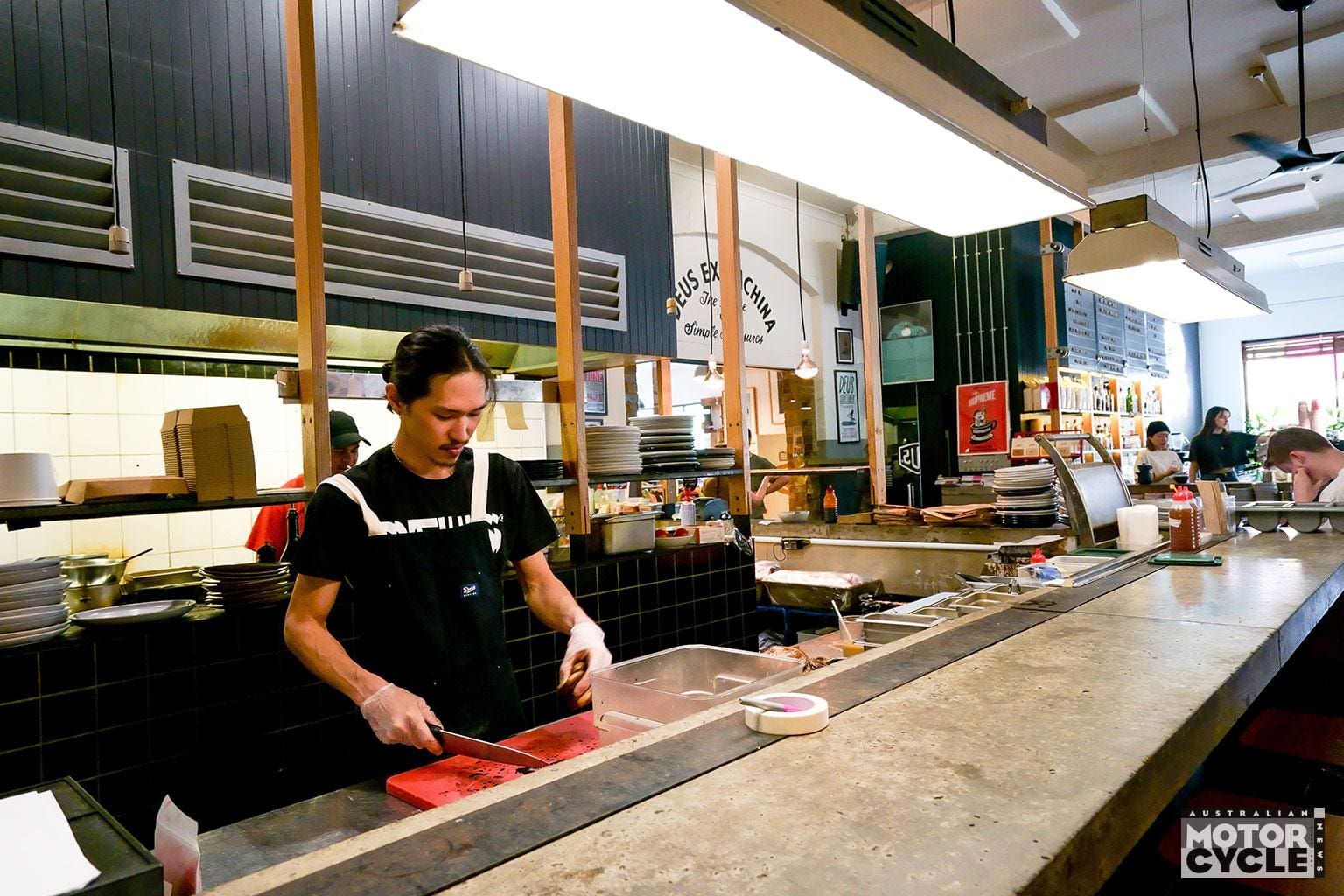
And is that where the inspiration for Deus Ex Machina came from?
Yeah, the whole scene gave me energy. I wanted to return to Australia and do something similar but with my own twist. I’ve always been a surfer and I’ve always been a motorcyclist, so I wanted the idea to be a combination of these two things and make it exciting and unique. It was this flexibility that helped Deus spread around the world. We were open-minded about what we were doing, which allowed the idea to adapt to whatever market we applied it to. Here in Australia, it’s mainly about motorcycles; in Bali, it’s about surfboards and pushbikes. We are very careful and passionate about every part of everything that we do.
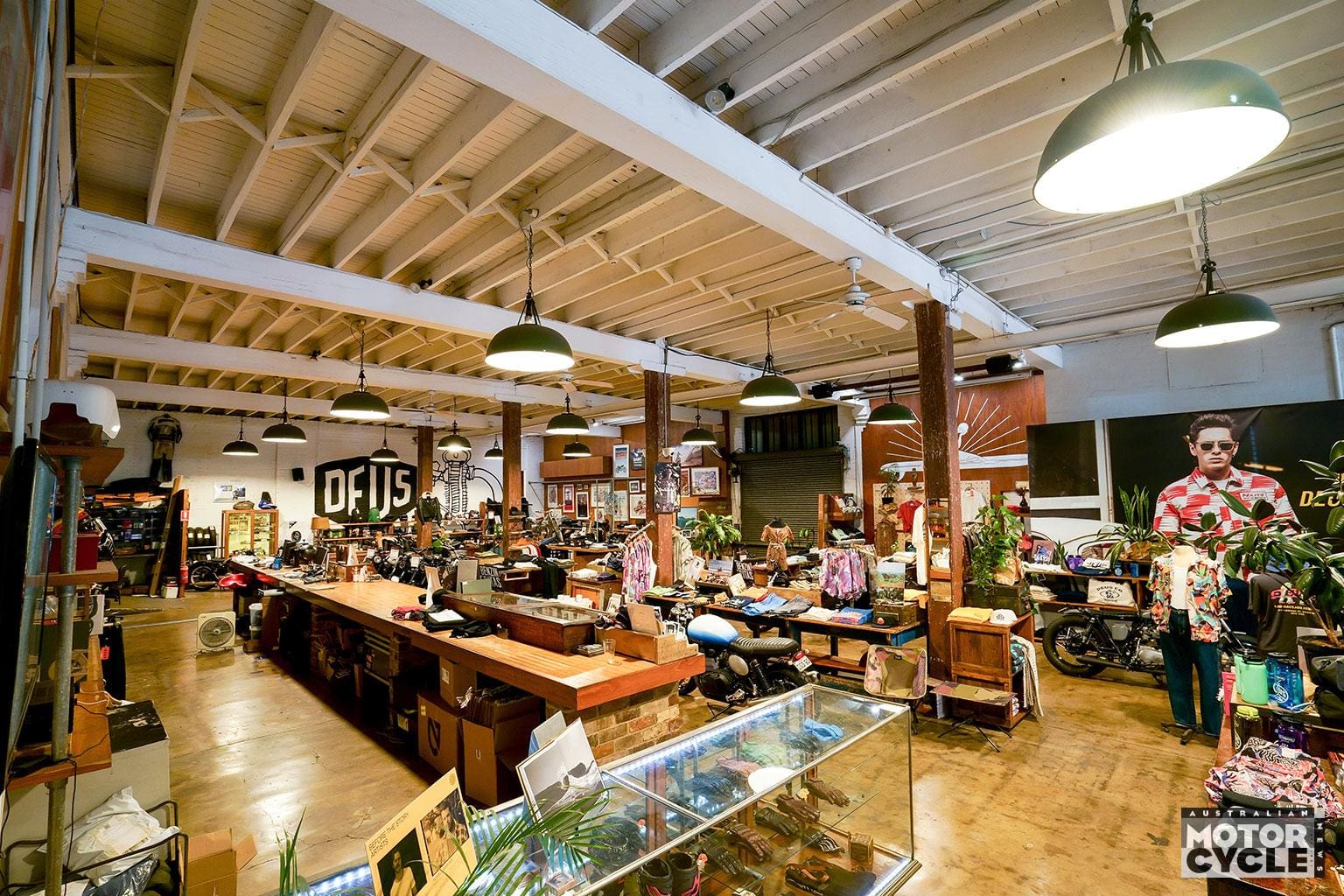
Deus created a natural synergy with Yamaha’s little-known SR model; how did that come about?
Once I decided what the new company would be about, I returned to Japan for a closer look. The youngsters there were doing excellent customising work on the SR400s, and I wanted to be part of that.
I bought as many second-hand SR400s as possible and shipped them back to Australia to sort out all the required certifications. We also purchased a lot of Yamaha TW200s because they look cool with their fat rear tyre. Both of those bikes are a great base to work from.
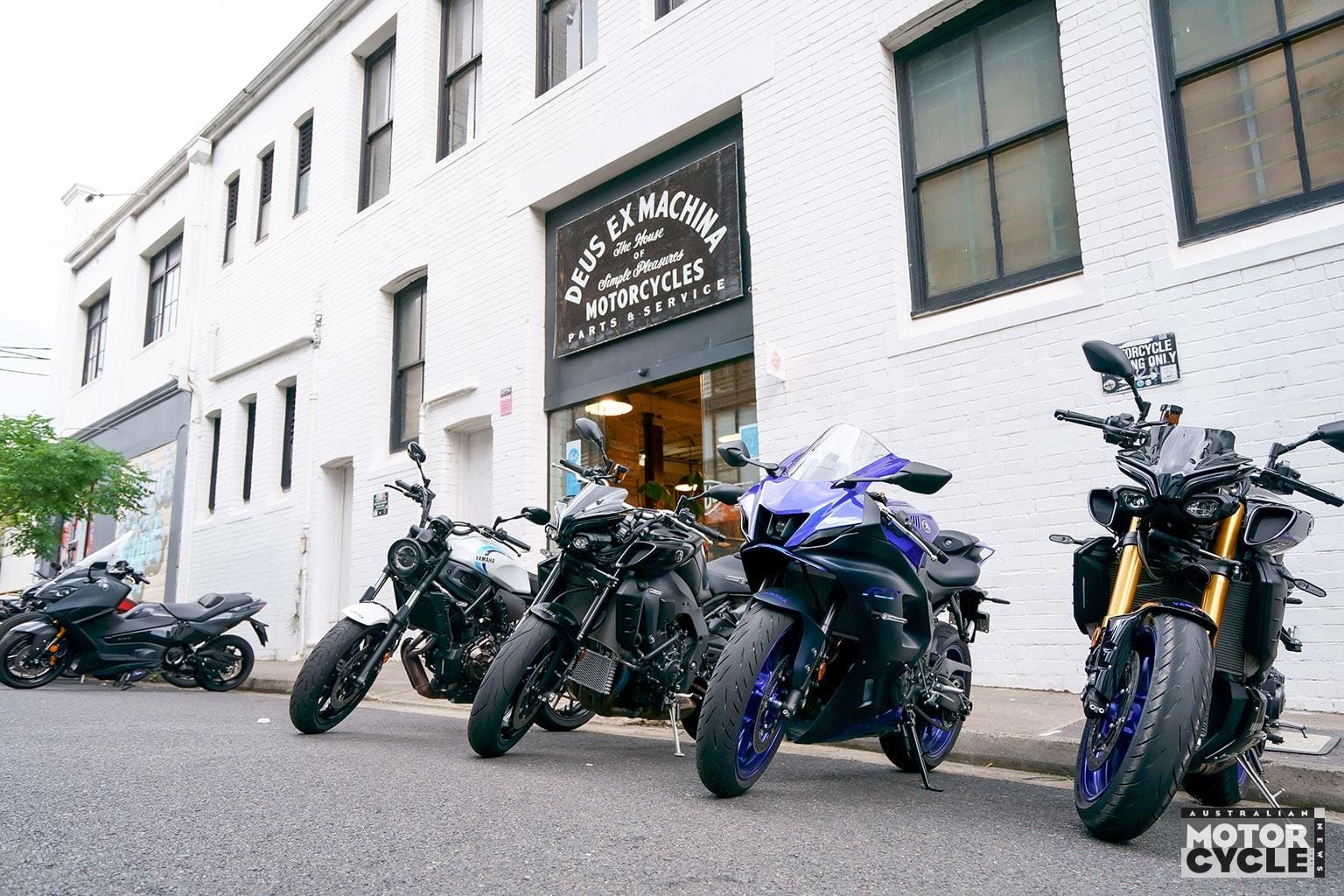
Were you surprised at how popular your bikes became and how quickly it happened?
Australia has a big motorcycle culture, as you know. But when we bought the Deus idea to the market, it was so fresh and exciting and appealed to both young and older guys, but the younger ones really embraced it.
Did you continue to be inspired by what was happening in Japan?
There’s a funny story about that. In the early days, I received a lot of magazines from Japan that contained exciting stuff. Unfortunately, I don’t speak Japanese, so I needed help to get the information to explain what I saw in the pics. Just by luck, a friend of a friend was of Japanese background and introduced me to Taka. He had not only helped with translation, he was also a Yamaha SR mechanic. Taka was also happy to assist with understanding and navigating the Japanese business culture – like a cultural translator.
Taka and I would travel to Tokyo together and drive around, visiting lots of unique places and meeting people and companies who may not have been keen to meet with a foreigner.
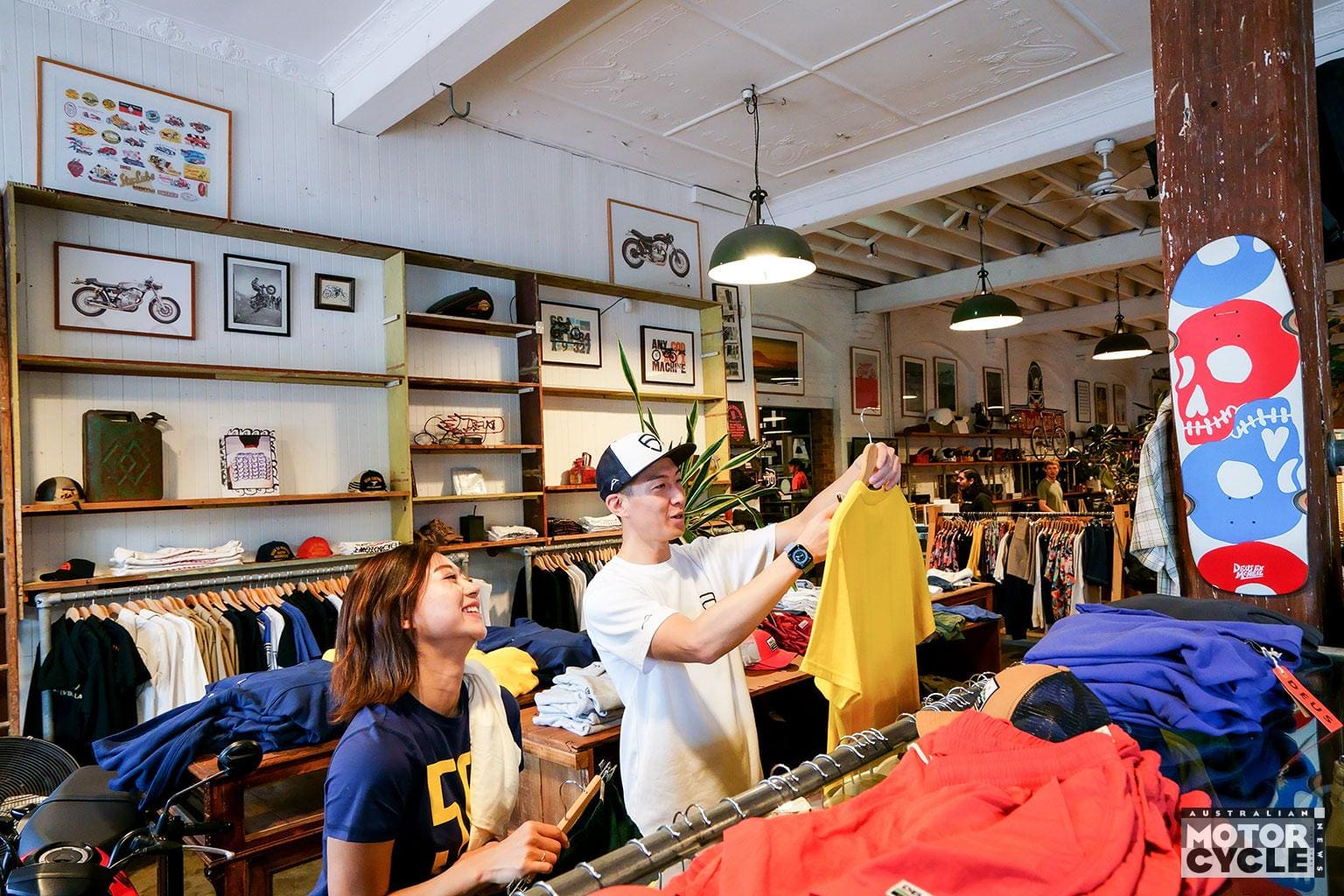
You mentioned that both surfing and motorcycling are your passions.
The two may appear different, but not as much as people think. They are both fun and, you know, I use a motorbike to go to the beach. I have a friend, Herbie Jefferson; he was a big wave surfer back in the day and a flat-track motorcycle racing champion. He is older than me and I looked up to him like a hero. I wanted him to be the symbol of the company. I asked him how he could be good at both big wave surfing and motorcycle racing, and he said, “It’s all the same juice.” I loved that and I knew that’s what I wanted Deus to be about – it’s all the same juice.
Surfing and motorcycles both have two cultures, lifestyle and competition. Deus aligns itself with culture. Are you interested in the competition side?
I read my first motorcycle book when I was at school, Hunter S Thompson’s Hell’s Angels. It just seemed incredibly exciting. Not that I wanted to be a motorcycle gangster or anything like that, but it just had this feel to it. At the same time I was part of the surfing culture in the 1970s; guys were travelling and having amazing adventures, but the competition side of bikes or surfing never really interested me. I appreciate it, I watch MotoGP, but it’s the cultural side that grabs my attention. You can be a lousy motorcycle rider or surfer, but you can still enjoy doing it and be part of the culture. I find that awesome.
There is also the controlled side of competition. There are always rules and guidelines that need to be followed. That’s not what we are about and that’s what has enabled Deus to be successful.
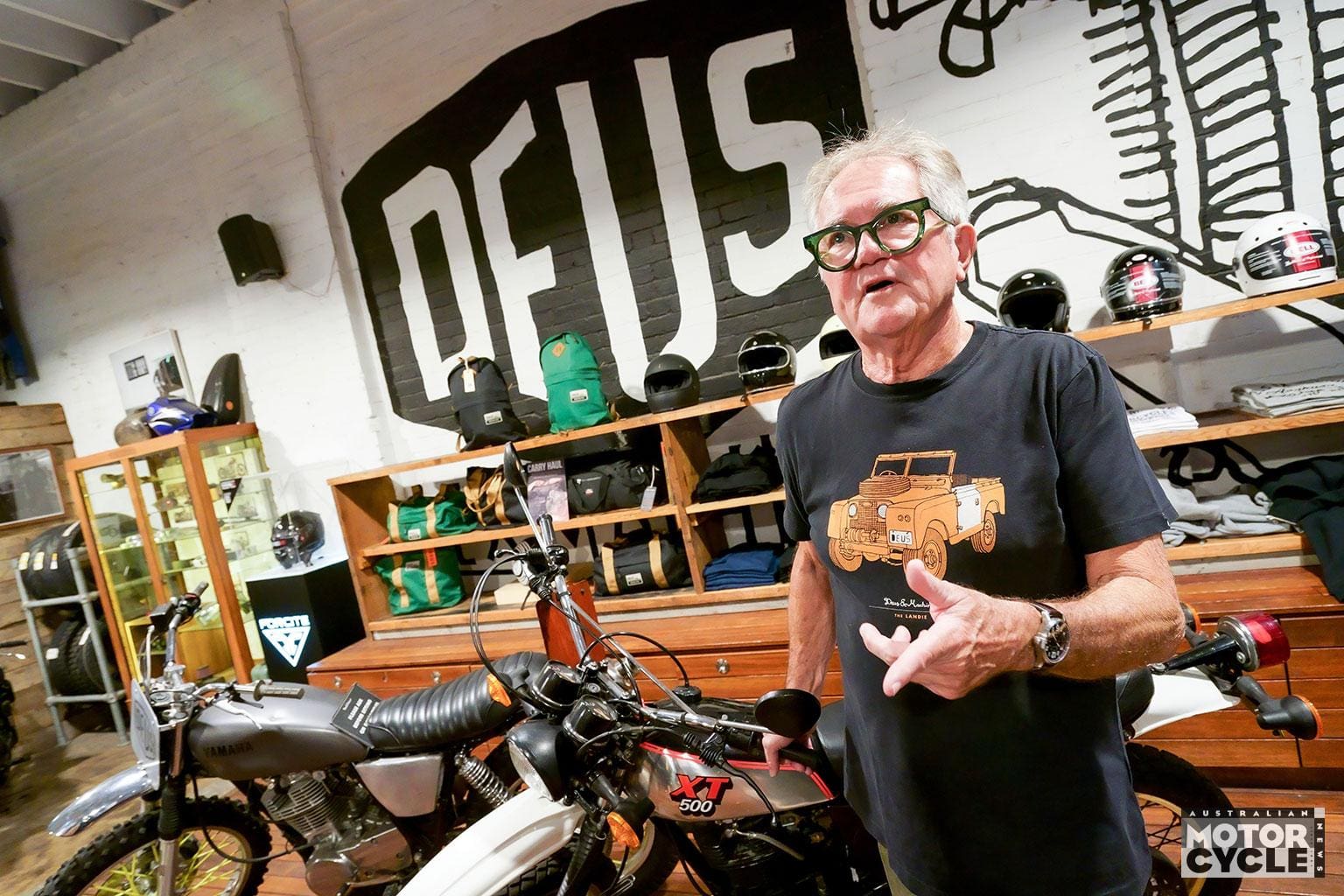
You seem very passionate about culture.
One of the good things about being an Australian is that we don’t have a huge culture. Our culture is very shallow. The Japanese, Chinese and Europeans have thousands of years of culture they live with daily. Australians do not have that, so we can make things up as we go along. No one is telling us we can’t do this or that. We can travel to other countries, take little bits of different cultures, and adapt them to the Australian way.
You have built a strong relationship with Yamaha; tell us how that came about.
Yamaha is obviously very important to us. Initially, we did not know anyone at Yamaha; we were buying Yamahas from the second-hand market, so there was no official connection. I can’t speak highly enough of Peter Payne from Yamaha Motor Australia; he became our guy. Pete became a great friend and made all these things happen, even though we were selling second-hand SR models. Yamaha is still very supportive of what we are doing. Because of our relationship with Yamaha in Australia, we now have a similar relationship with Yamaha Europe through our Milan store. It all started here, and I thank Peter for his support.
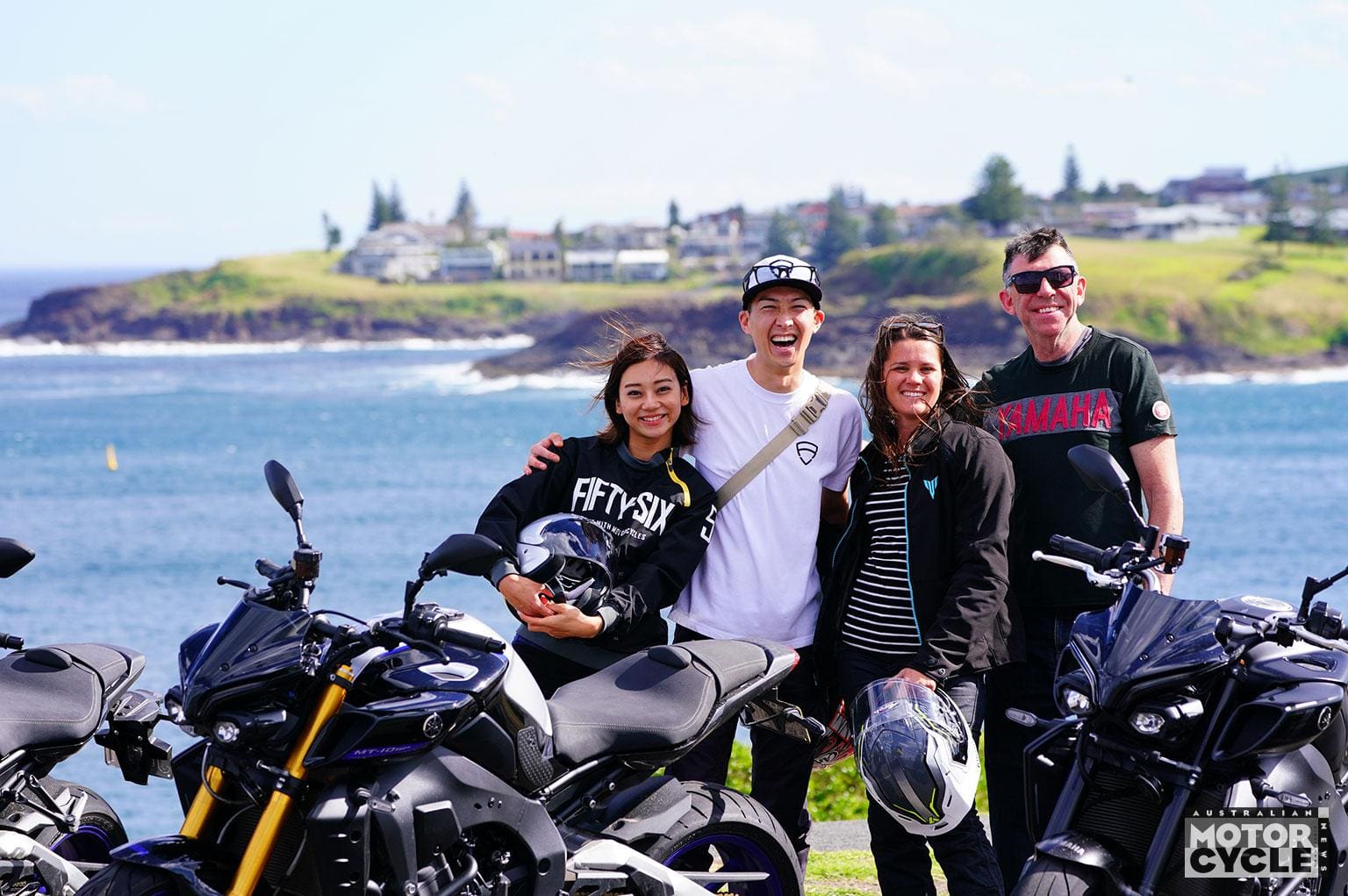
You speak about the SR a lot, but the XSR is also an important model for you because Yamaha acknowledges your work inspired it.
I’m touched if that should be the case. When we came along, motorcycling had gone all sports bikes. And then what we did with Deus seemed to change the direction of what motorcycle manufacturers were doing. It’s okay to build a bike that people who dream of racing MotoGP want to ride, but there’s also the cultural side of it, and that’s where the XSR700 and XSR900 fit perfectly. The XSR range represents the motorcycle riding culture, and it’s nice to think that I’ve played a part in building that culture.
